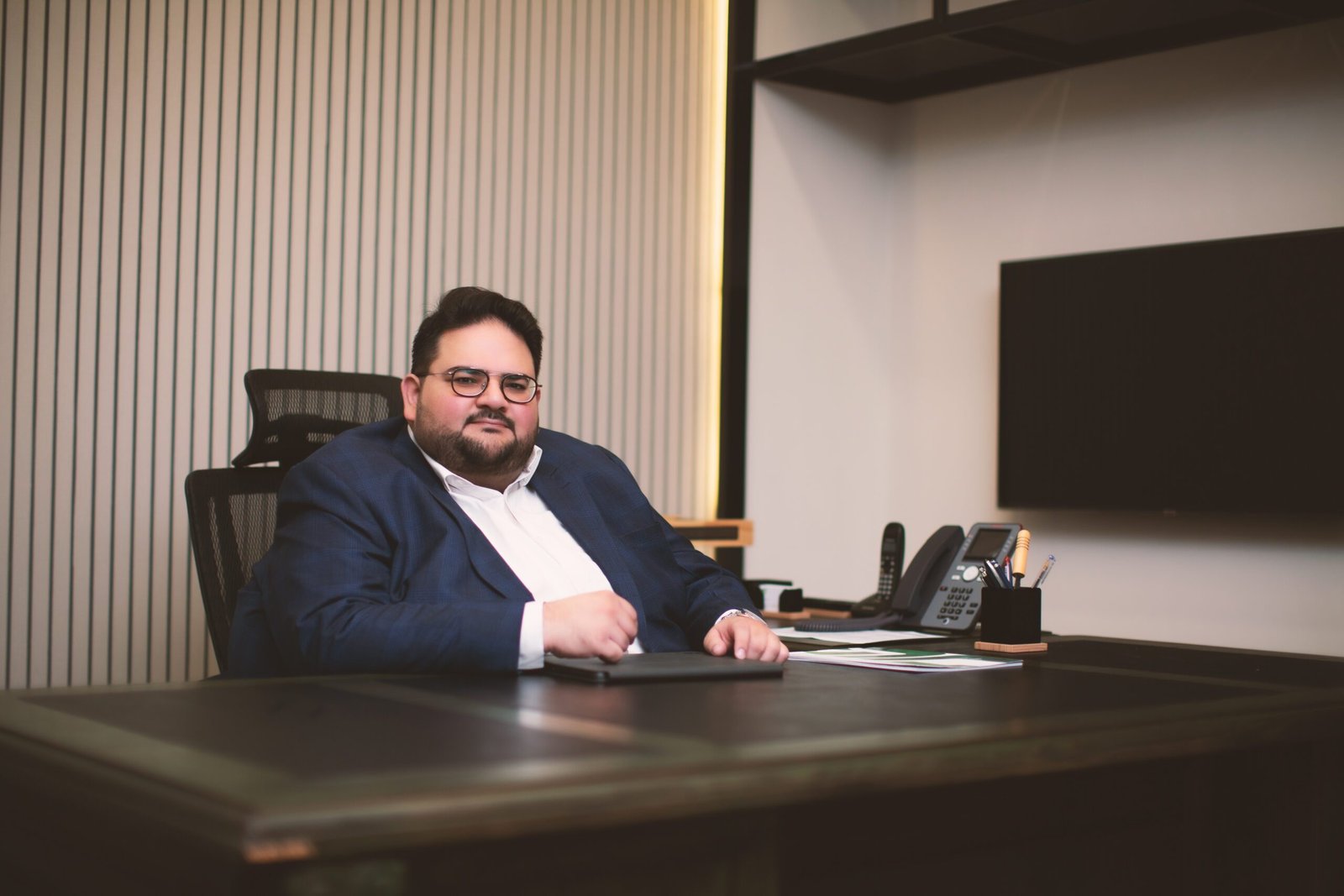QisstPay, Pakistan’s buy now pay later (BNPL) platform, announced on Wednesday that it had raised $15 million in seed and pre-seed rounds through a mix of equity and debt.
QisstPay’s funding comes amid a wave of foreign investors spearheading funding rounds for Pakistani startups. MSA Capital led the funding round for QisstPay, with participation from Global Founders Capital, Fox Ventures, and First Check Ventures.
Scalapay co-founders Simone Mancini and Johnny Mitrevski, who recently raised a $155 million Series-A round at a $700 million valuation; Ashley Davies, former Venmo CFO, and current Sylp CFO, and Adam Mawdesley, vice president of partnerships and product at Splitit, participated in the round as strategic angel investors.
United Bank Limited of Pakistan also participated in the round.
Following this advertisement, the article continues.
QisstPay is an installment payment service for emerging markets that aims to address Pakistan’s payments landscape’s lack of flexibility, integration, and hidden fees by providing customers with an efficient, adaptable, and interest-free platform.
The concept is not new to Pakistani consumers, who can obtain installment plans from certain merchants. Except that such plans include interest, which ultimately increases the cost of the product for the consumer.
On the other hand, QisstPay charges merchants for these services, which results in increased sales due to installment plans. When selected during the checkout process, QisstPay enables customers to pay for their purchase in installments with no interest or late fees.
Essentially, the service enables consumers to pay for everyday necessities, thereby promoting better cash management in an otherwise cash-dependent society. The majority of people in Pakistan lack the financial means to obtain credit cards, creating an opportunity for QisstPay to assist consumers in managing their daily expenses.
QisstPay enables people to purchase essential items such as a mobile phone, clothing, and food while allowing them to pay over time.
Jordan Olivas, co-founder, and CEO of QisstPay, is a former Klarna employee. Klarna is a Swedish fintech company that has grown to become one of the largest BNPL platforms in the world.
Jordan supported the launch of Klarna’s ‘Pay In 4’ solution in the United States, which allowed consumers to pay for purchases in four installments.
“After relocating to Pakistan, I realized how desperately the people of this country require a financial tool to assist them in purchasing goods and services that they not only desire, but also require,” Olivas explains. “With more than 60% of Pakistan’s population under the age of 30, the majority of the country is embracing new technologies. Nonetheless, a sizable portion of the population continues to believe that Pakistan is not prepared to adopt a BNPL system. The rapid growth and adoption of a platform like QisstPay demonstrate the contrary.”
QisstPay claimed in a statement that it was growing rapidly, with a weekly growth rate of 92%. They currently claim to serve over 500 retailers in Pakistan, including Samsung, Camelbak, Diesel, Philips, Xiaomi, and Lenovo, as well as regional leaders such as Sapphire, Uniworth, and Logo Shoes, as well as the country’s largest Shopify store, elo (export leftovers).
“Export leftovers recently reached a new high, with an 85 percent increase in average order value, ever since we began offering Qisstpay BNPL to our customers,” says Elo co-founder Umar Qamar.
QisstPay intends to use the proceeds from this round to expand its services, which include transaction funding and partnerships with traditional Pakistani financial institutions, as well as its team. Additionally, they are expanding their services to Sri Lanka and Bangladesh.
By the end of this year, they hope to have more than 100 people on staff in Islamabad.
“When it comes to fintech investments, Pakistan is frequently overlooked,” says Tim Chen, general partner at MSA Capital. “However, it is also one of the most promising countries. We’re thrilled to be collaborating with QisstPay to help bring much-needed financial services and tools to one of the world’s largest populations. We are investing not only in the business and its founders but also in their impact.”





